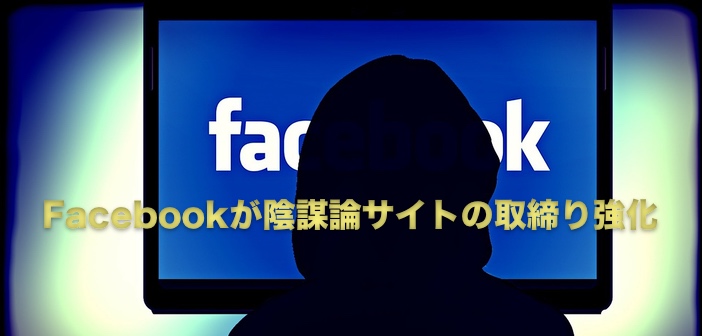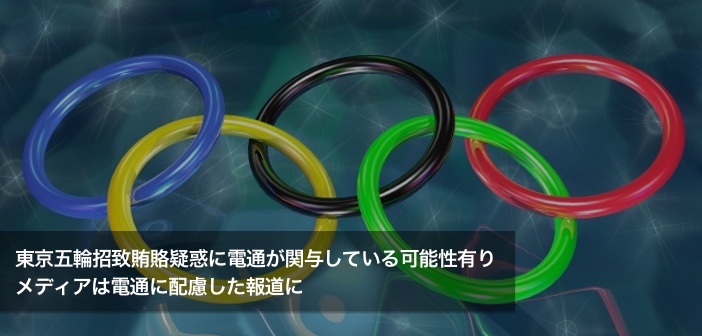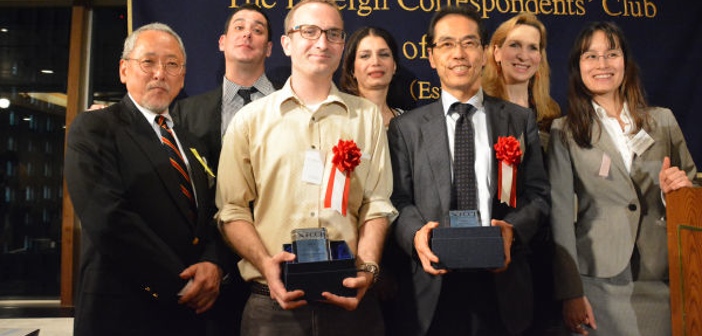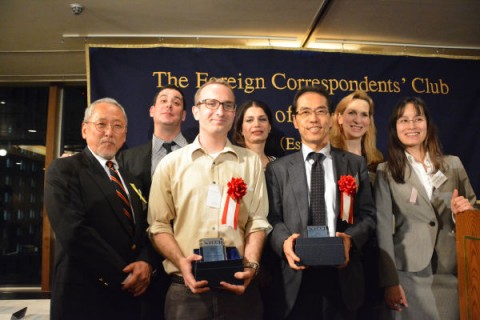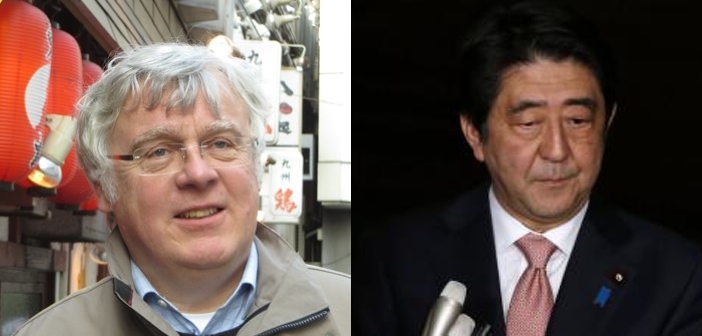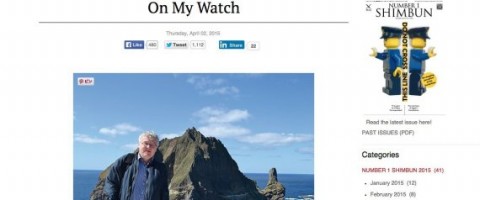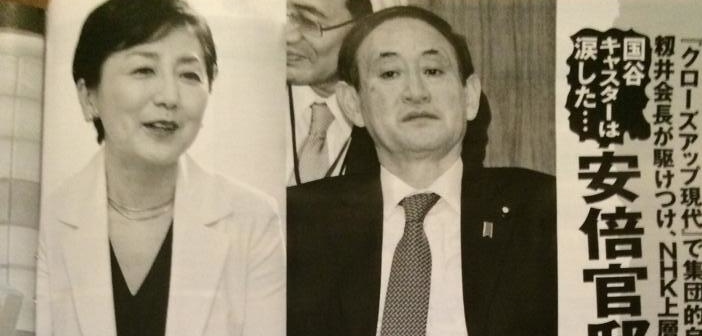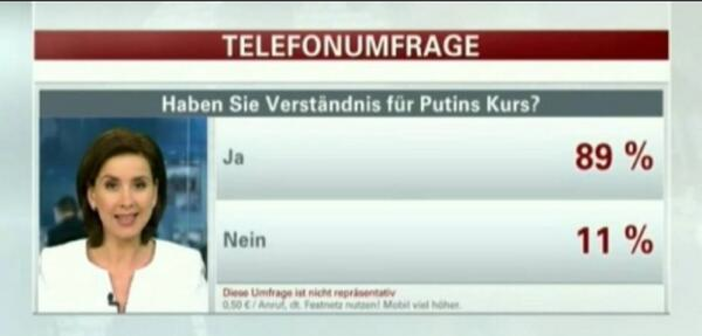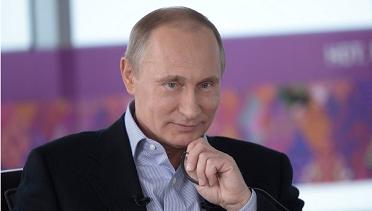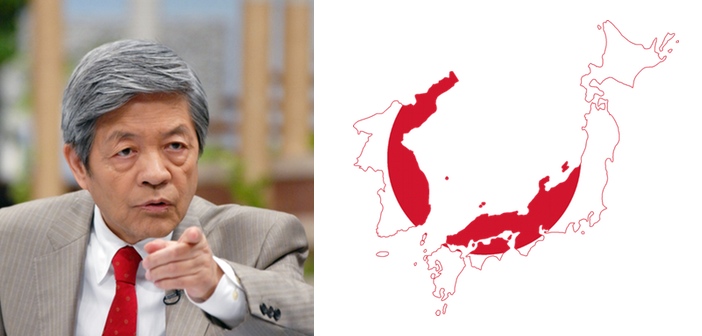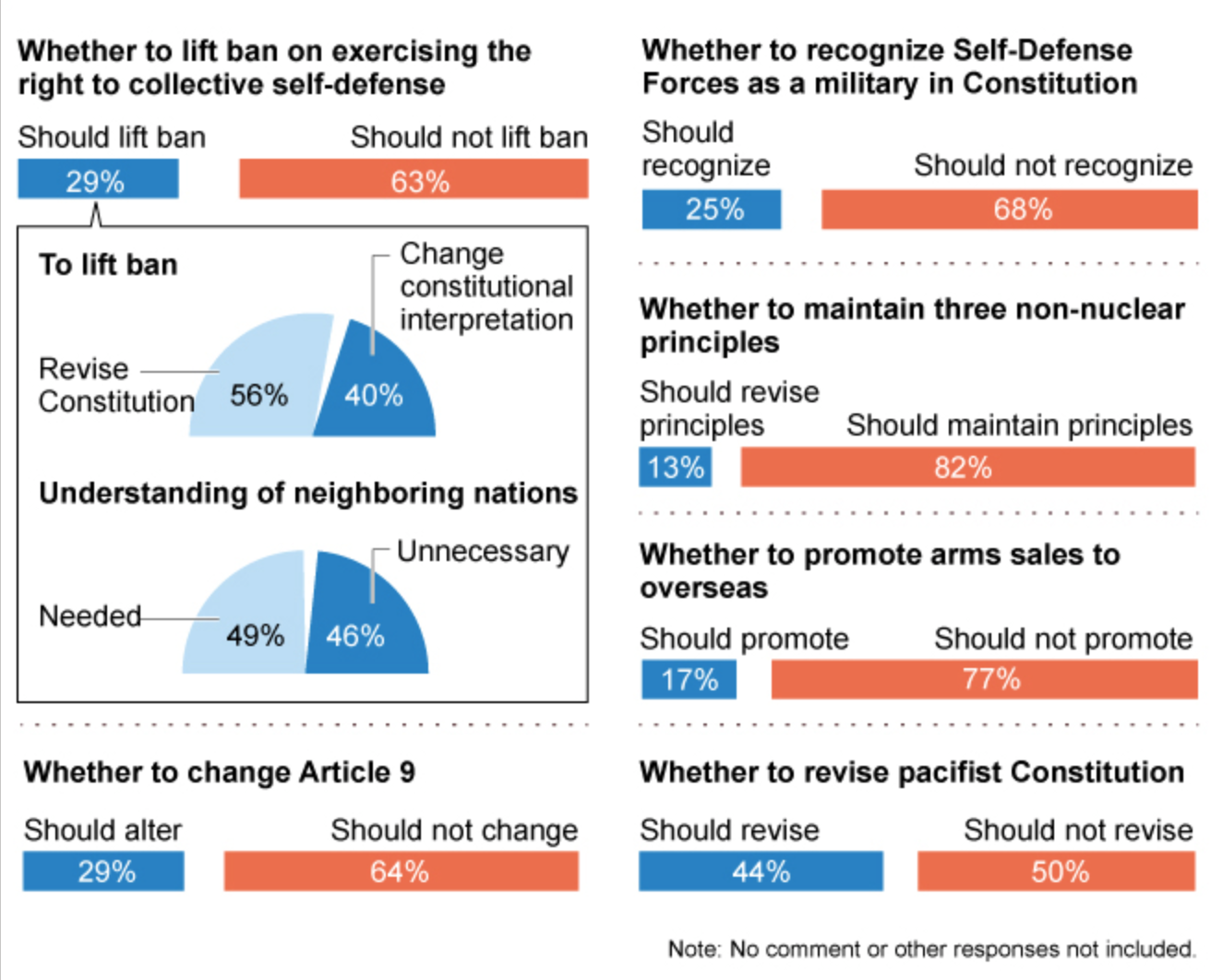“Me? A paid spy for Beijing?” A Tokyo Correspondent of German Newspaper Confesses about Pressure from Abe Administration
According to Mr. Carsten Germis, former
Tokyo correspondent of a German quality paper, he had been subjected to
pressure from the government since the establishment of the Abe administration.
As with the U.S. the Japanese government seems to try to sweeten the bosses of
foreign correspondents with wining and dining, but I don’t think that it would
make it. He writes: “If this is the approach of the new
administration’s drive to make Japan’s goals understood, there’s a lot of work
ahead.” I quite agree with him.
As the example of the Asia Infrastructure Investment Bank illustrates,
it is apparent that the world tends to break away from the U.S. Although Japan
take advantage of the influence of the U.S. and has kept taking an arrogant
attitude toward China, I suppose that the U.S. will probably end up forsaking
Japan and taking sides with China. I wonder what Japan will do at that time.
I think that if Japan pursues the path of isolation from the world, it
would lead to destroying the country.
Masatoshi
Takeshita
April 11, 2015
English translation of an excerpt from a
Japanese article: THE HUFFINGTON POST – April 10, 2015 –
“Me? A paid spy for Beijing?” A Tokyo Correspondent of
German Newspaper Confesses about Pressure from the Abe Administration
“The
Abe administration puts pressure on the media” – On April 2, a column of Mr. Carsten Germis, who was a Tokyo correspondent of “the Frankfurter Allgemeine Zeitung, a German quality paper, was posted on the webpage of the Foreign
Correspondents’ Club of Japan (FCCJ).
Mr. Geris visited Japan under the
government of the Democratic Party of Japan in 2010 and stayed as Tokyo
correspondent until 2015. He reported the 2011 Eastern Japan Earthquake.
According to him, he was put pressure on after the
establishment of the 2nd Abe administration at the end of 2012.
The column also says that after 2014, the administration directly criticized him for an
article he wrote. He criticizes by saying that “the government is not
only secretive with the foreign press, but with its own citizens” and ends his
message, saying “I hope Japan will have far opener democracy.”
The topic of the Abe administration and the
media has been talked a lot; Mr. Shigeaki Koga, a commentator of a news program
“Hodo Station” (TV Asahi) complained about the pressure from the Prime
Minister’s Office.
----------
Excerpt from a Japanese article: BLOGS – April 10, 2015 –
A
German Journalist’s Theory about Japan
Source:
Confessions
of a foreign correspondent after a half-decade of reporting from Tokyo to his
German readers
By Carter Germis
The
country I’m leaving is different from the one I arrived in back in January
2010. Although things seem the same on
the surface, the social climate – that has increasingly influenced my work in
the past 12 months – is slowly but noticeably changing.
There
is a growing gap between the perceptions of the Japanese elites and what is
reported in the foreign media, and I worry that it could become a problem for
journalists working here. But the gap
exists because there is a clear shift that is taking place under the leadership
of Prime Minister Shinzo Abe – a move by the right to whitewash history. It
could become a problem because Japan’s new elites have a hard time dealing with
opposing views or criticism, which is
very likely to continue in the foreign media.
Let
me make my own stance clear. After five years, my love and affection for this
country are unbroken. In fact, thanks to the many fine people I’ve met, my
feelings are stronger than ever.
Unfortunately,
the bureaucrats at the Ministry of Foreign Affairs (MoFA) in Tokyo see things
completely differently, and it seems some in the Japanese media feel the same
way. To them I have been – like almost all my German media colleagues – a Japan
basher capable of only delivering harsh criticism.
The Frankfurter
Allgemeine Zeitung is politically conservative, economically
liberal and market oriented. And yet, those
claiming that the coverage of Abe’s historical revisionism has always been
critical are right. In
Germany it is inconceivable for liberal democrats to deny responsibility for
what were wars of aggression.
My tenure in Japan began with very different issues. In 2010, the
Democratic Party of Japan ran the government. All three administrations I covered – Hatoyama, Kan
and Noda – tried to explain their policies to the foreign press.
There
were weekly meetings in the Kantei, the PM’s residence, and officials were
willing to discuss – more or less openly – current issues. We didn’t hesitate to criticize
the government’s stance on certain issues, but officials continued to try to
make their positions understood.
The
rollback came soon after the December 2012 elections. Despite the prime minister’s embrace of new media
like Facebook, for example, there is no evidence of an appreciation for
openness anywhere in his administration. Finance Minister Taro Aso has never
tried to talk to foreign journalists or to provide a response to questions
about the massive government debt.
In
fact, there is a long list of issues
that foreign correspondents want to hear officialdom address: energy policy, the risks of Abenomics, constitutional revision,
opportunities for the younger generation, the depopulation of rural regions. But the willingness of government
representatives to talk with the foreign press has been almost zero. Yet, at the same time, anyone who criticizes
the brave new world being called for by the prime minister is called a Japan
basher.
What
is new, and what seems unthinkable compared to five years ago, is being
subjected to attacks from the Ministry of Foreign Affairs – not only direct ones, but ones directed
at the paper’s editorial staff in Germany. After the appearance of an article I had written that was critical of
the Abe administration’s historical revisionism, the paper’s senior foreign
policy editor was visited by the Japanese consul general of Frankfurt, who passed on objections from “Tokyo.” The Chinese, he complained, had used it for anti-Japanese
propaganda.
It got worse. Later on in the frosty, 90-minute
meeting, the editor asked the consul
general for information that would prove the facts in the article wrong, but to
no avail. “I am forced to begin to suspect that money is involved,” said the
diplomat, insulting me, the editor and the entire paper.
Me?
A paid spy for Beijing? Not only have I never been there, but I’ve never even
applied for a visa. If this is
the approach of the new administration’s drive to make Japan’s goals understood,
there’s a lot of work ahead. Of course,
the pro-China accusations did not go over well with my editor, and I received
the backing to continue with my reporting.
The
heavy handedness has been increasing over the past few years.
But things seem to have changed in 2014, and
MoFA officials now seem to openly attack critical reporting.
My departing message
Two
weeks before the epic meeting between the Consul general and my editor, I had
another lunch with MoFA officials, in which protests were made of my use of
words like “whitewash history,” and the idea that Abe’s nationalistic direction
might “isolate Japan, not only in East Asia.”
I’ve heard of an increase in the number of lunch invitations from government officials
to foreign correspondents, and the increased budgets to spread Japanese
views of World War II, and the new trend to invite the bosses of
foreign correspondents deemed too
critical (via business class, of course).
So here’s my departing message: Unlike some of my colleagues,
I do not see a threat in Japan to freedom of reporting.
But
it does reveal how little the government understands that – in a democracy –
policy must be explained to the public. And the world.
In
fact, I can only be saddened at how the
government is not only secretive with the foreign press, but with its own
citizens.
My
hope is that foreign journalists – and even more importantly, the Japanese
public – can continue to speak their minds. I believe that harmony should not come
from repression or ignorance; and that a
truly open and healthy democracy is a goal worthy of my home of the last five great years.
Carsten Germis was the Tokyo correspondent of the Frankfurter Allgemeine Zeitung from 2010 to 2015 and a member of the
Board of Directors of the FCCJ.

